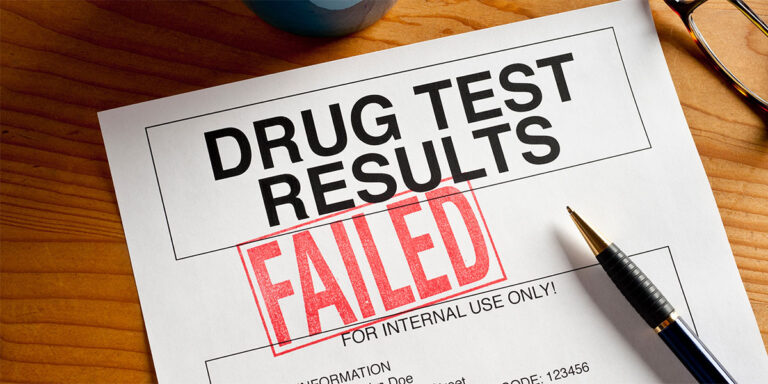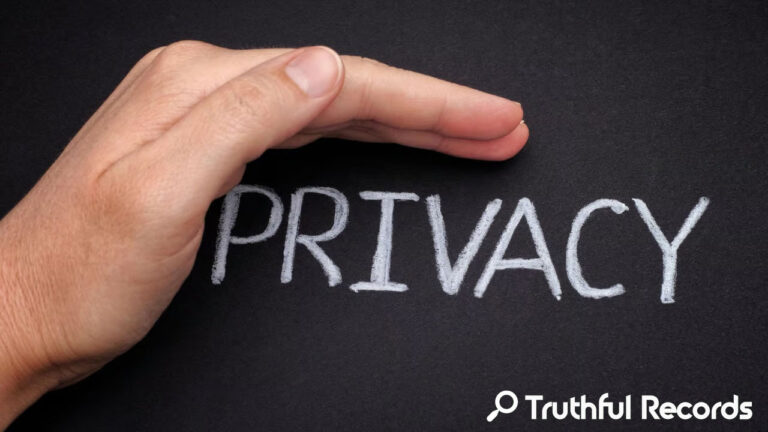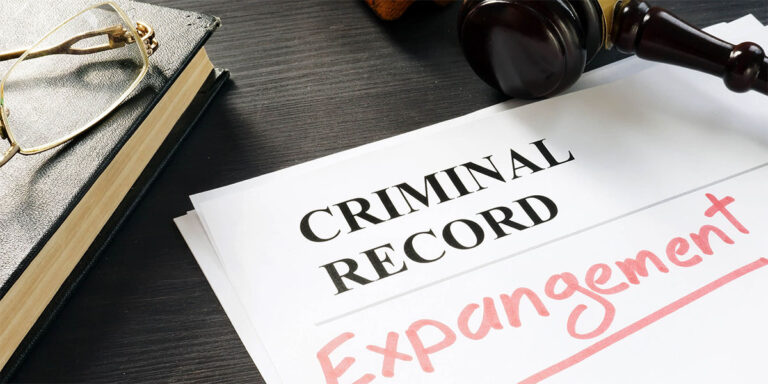How to Protect Your Personal Information During a Background Check

Background checks are part of many processes, from job applications to renting a home, but how can you ensure your personal information remains secure? Did you know that nearly 50% of Americans have experienced some form of identity theft? Protecting your personal data during a background check is more important than ever in today’s digital age! In this article, we’ll guide you through the steps you need to take to keep your sensitive information safe.
Why Background Checks Are Important and How to Understand Them
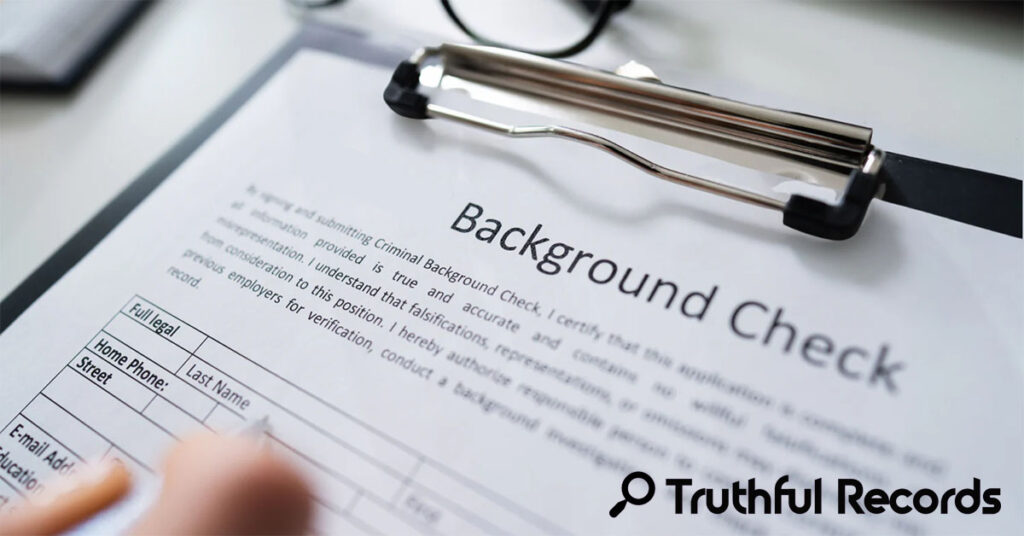
If you’re applying for a job or trying to rent a place, there’s a good chance you’ll face a background check. But what does that mean exactly, and why should it matter to you? Let’s break it down!
Different Types of Background Checks
Background checks vary depending on the situation. There are criminal background checks, employment history checks, and credit checks. Each type looks at different aspects of your life. For example, a criminal check will examine your past for any criminal activity, while an employment check focuses on your job history. Credit checks look at your financial records. Each situation calls for a specific type of check.
Why Background Checks Matter
Why are these checks so important? Well, they help companies, landlords, and even schools get a better understanding of who you are. For example, employers want to know if you’re trustworthy and if you have the experience you say you do. Landlords need to ensure you’ll pay rent on time. Certain fields like finance or healthcare may require deeper checks to maintain safety and security. It’s all about ensuring that everyone is protected.
Dangers of Sharing Personal Information
Now, here’s the thing – sharing your personal information for background checks can be risky. Your Social Security number, date of birth, and financial details are sensitive. If not handled with care, they can be stolen or misused. That’s why it’s so important to only share your information with trusted sources. Always double-check before handing over any personal data!
Best Ways to Keep Your Personal Information Safe During a Background Check
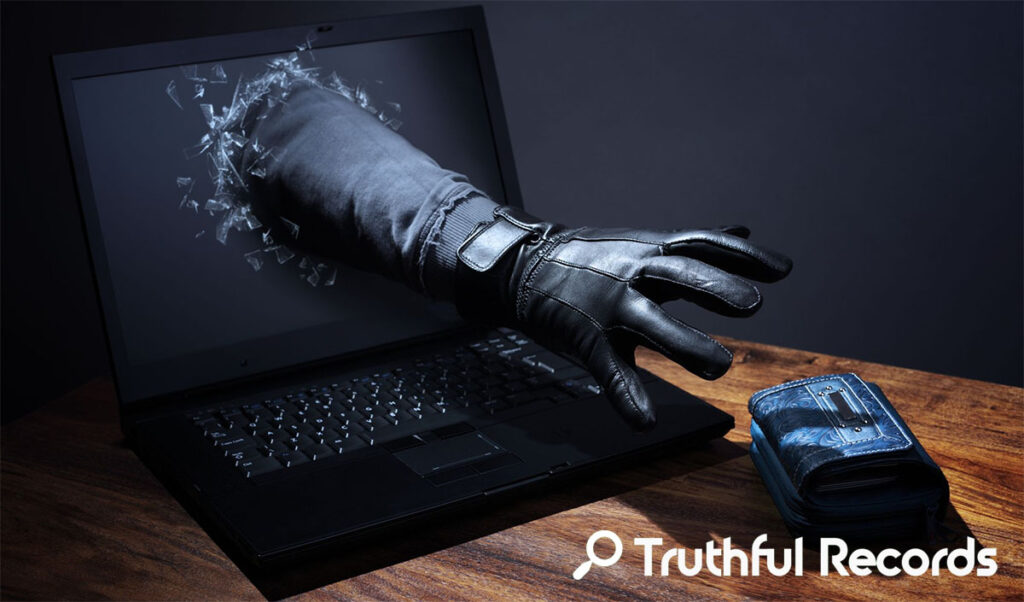
When you’re going through a background check, it’s really important to protect your personal info! Giving out your information can feel risky, but there are easy steps you can take to stay safe. Let’s go over some tips to keep your data secure while going through the process.
Stick to Secure Websites When Applying Online
Before you fill out any forms, check if the website is safe. Look for “https” in the website’s URL. The “s” means it’s secure. This means your info is protected. If you don’t see that “s,” it’s best not to enter any personal details. Always be careful with websites that aren’t secure!
Only Share What’s Needed
Don’t share more than you have to! Only give the information that’s necessary for the background check. For example, if they ask for your Social Security number or bank details, make sure it’s required. You don’t need to provide extra details unless it’s part of the check. The less you share, the safer you’ll be!
Make Sure the Company Is Real
Before you give your info, make sure the company is trustworthy. Scammers often pretend to be a company to steal your personal details. How do you check? Look up the company online, read reviews, or call them to confirm they are who they say they are. A quick search can help you avoid problems!
Safely Share Important Documents (Like SSN or Birth Certificates)
Sometimes, you’ll need to send documents like your Social Security number or birth certificate. If that happens, don’t just email them! Use a secure method, like encrypted email or password-protected files. If you have to mail documents, choose a reliable delivery service or send them with a signature. This way, you can be sure they’ll get there safely.
Spotting Red Flags in Background Check Requests

When you’re asked to share personal details for a background check, it’s super important to stay sharp. Not all background checks are legit—some might even be scams. So, let’s talk about how to spot the warning signs and what you can do if something feels fishy.
Red Flags That Might Mean a Scam
First things first: pay attention to anything that doesn’t feel right. If the company asking for your info seems unprofessional or doesn’t have clear contact details, that’s a huge red flag! Also, if they’re asking for way too much personal info—like your full Social Security number or bank details—without explaining why, take a step back. Real background checks only ask for what’s absolutely necessary and usually tell you why.
Another big giveaway? If they’re pushing you to act fast! Scammers love to rush people into making quick decisions. But a legit company will take their time with the process. If you get an email or call that makes you feel like you need to hurry, pause and think it through. Real background checks don’t need to be rushed!
What to Do If a Background Check Request Seems Suspicious
If something doesn’t sit right with you, trust your gut! Don’t give out your info just yet. Take a minute to check out the company or group asking for it. Google them, read some reviews, or check if there’s any negative feedback. If they’re the real deal, you should find plenty of good reviews. You can even call them directly using the contact number on their website to double-check they’re the ones reaching out.
Don’t be afraid to ask questions. A real company will be more than happy to explain everything to you. It’s always better to be cautious than to regret it later!
How to Report Fraud or Identity Theft If Your Info Gets Stolen
If you gave your info and later realize something’s wrong, don’t freak out! There are things you can do to fix it. First, contact the company or group that asked for your info and let them know. If you think your identity’s been stolen, get in touch with the Federal Trade Commission (FTC) ASAP. They’ve got a website where you can report it and get advice on what to do next.
You should also reach out to the credit bureaus (Experian, TransUnion, and Equifax) and freeze your credit. That’ll stop anyone from opening new accounts in your name. If you’ve been scammed, the faster you act, the better you can protect yourself from further problems.
What to Do If Your Personal Information Gets Exposed
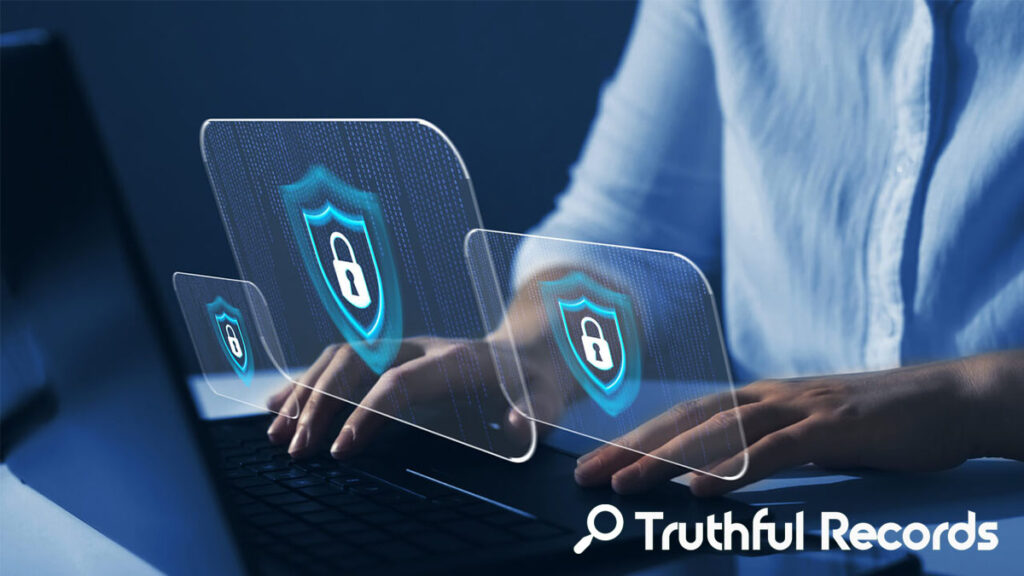
If you think your personal information might be out there floating around, don’t panic! There are things you can do right now to protect yourself. Let’s go over the steps to keep your info safe and sound.
What to Do Immediately After a Data Breach
Don’t wait around if you think your personal info has been exposed. Act fast!
First, you have to change your passwords, especially for your important accounts like bank accounts or email. Make sure the new password is strong (use a mixture of different letters, numbers, and symbols). And if you haven’t already, turn on two-factor authentication. It’s an extra layer of protection for your accounts.
Next, check your bank and credit card statements for anything that might look strange. If you see charges that don’t look right, call your bank ASAP. The quicker you catch it, the easier it is to fix!
Notify the Credit Bureaus and Any Affected Companies
Once your accounts are secure, it’s time to tell the credit bureaus. Contact Experian, Equifax, and TransUnion, and let them know your info might’ve been exposed. They’ll put a fraud alert on your file, so no one can open accounts in your name.
You should also let any companies or businesses that might be affected know. If you know where the breach happened, get in touch with them. Some of them may offer services like credit monitoring to help you out.
Freeze Your Credit and Protect Your Financial Accounts
Next up—freeze your credit! This stops anyone from opening new accounts under your name. Just reach out to the credit bureaus and ask them to freeze your credit. It’s free, and it’s one of the best ways to protect yourself.
Finally, make sure your financial accounts are secured. Set up alerts so you are notified right away for any strange activity. And you might want to sign up for a credit monitoring service, too. That way, you can stay on top of things and catch any issues early.
Conclusion
Safeguarding your personal details during a background check is essential to avoid identity theft and fraud. By using the advice in this article, you can reduce risks and keep your private information secure. Always stay alert, stay informed, and don’t hesitate to question any requests for your personal data.



